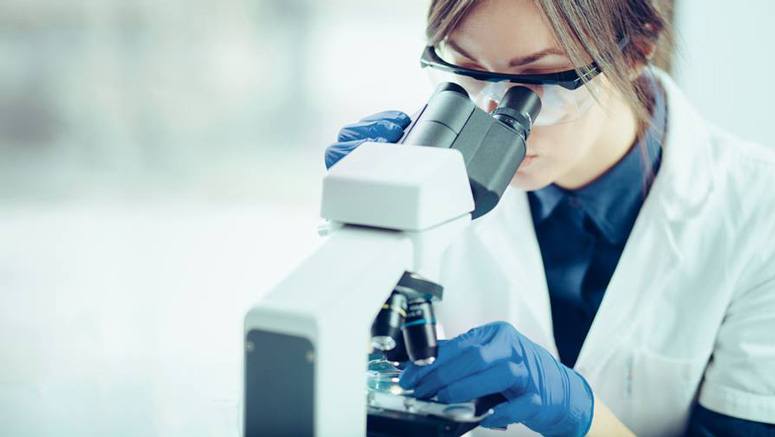What Is the Purpose of the BRCA Gene Test?

Your BRCA1 and BRCA2 genes are examined using BRCA gene testing to look for any potentially dangerous mutations that could raise your risk.
Known source for some malignancies, BRCA gene mutations in women can raise their risk of developing:
- breast cancer in women
- Ovarian cancer [2]
- fallopian tube cancer
- peritoneal primary cancer
- pancreatic cancer [3]
- Anemia Fanconi [4]
- melanoma [5]
Men with BRCA gene mutations also run a higher chance of getting:
- breast cancer in men
- Prostate cancer [6]
- Fanconi anemia
- Pancreatic cancer
- melanoma
Breast and ovarian cancers in women are most closely linked to BRCA gene mutation. The cumulative probability of developing breast cancer is 69 percent with a BRCA2 mutation and 72% with a BRCA1 mutation, according to a 2017 studyTrusted Source.
Comparatively, having a BRCA1 mutation increases your risk of developing ovarian cancer by 44%, while having a BRCA2 mutation increases your risk by 17%.
Prostate and breast cancers have the strongest associations with BRCA gene mutations in men. According to more dated research from 2007, having a BRCA1 mutation increases your risk of breast cancer by 1.2 percent, while having a BRCA2 mutation increases your risk by 6.8 percent.
According to 2019 researchTrusted Source, men with BRCA mutations, particularly BRCA2 mutations, have a 1.9-fold higher overall risk of developing prostate cancer.











